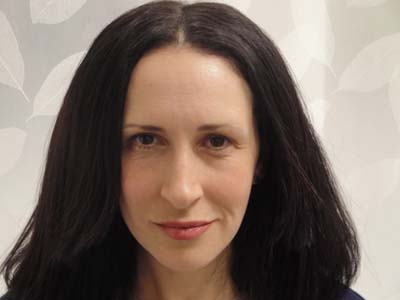
|
119 West 57th St. Suite 720
|
|---|
Substance Abuse and Alcohol Counselor:
I am a New York State certified counselor who trained at NYU, who has worked in both in and out-patient detox and rehabilitation centers throughout New York City. I have experience in both family interventions, as well as treating the adult survivors of alcohol and substance abusing parents and relatives. Together we will look at underlying reasons for your dependency.
Usually, at the root of addiction is pain, which you may be so used to treating with drugs and/or alcohol that it's all you know. Different people choose different substances depending on their personal history. Consequently, genetics, character structure and life experiences all tend to predict why you are drawn to a particular substance.
In treatment, you will begin to understand how the alcohol and/or substance services you and why. You will notice how it allows you to do 'high' what you are unable but wish you could do sober. Treatment will mean feeling your 'SELF' sober in the presence of a caring other for the first time, possibly ever, and that too can be a long, strange yet magnificent trip!
Trauma Specialist/EMDR Trained
I am a specialist in Eye Movement Desensitization and Reprocessing. EMDR is a powerful method of psychotherapy that has been researched extensively and has proven to have helped millions of people of all ages relieve many types of psychological distress and entrenched negative beliefs.
How Does EMDR Work?
Based on neurobiological research, we know that when you get very upset, your brain cannot process process information as it does ordinarily. A moment can become "frozen" in time and remembering a trauma may feel as bad as going through it the first time because the images, sounds, smells and feelings have not changed. Such memories have a lasting effect that interferes with the way you may see the world and the way you relate to other people. EMDR has a direct effect on the way that your brain processes information. Therefore, EMDR can be thought of as a physiologically based therapy that helps you see disturbing material in a new and less distressing way.
How Does EMDR Become Incorporated into Treatment?
The type of problem, life circumstances, and the amount of previous trauma you have endured will determine how many treatment sessions are necessary. I typically use EMDR within a standard "talking" therapy, as an adjunctive therapy with or without a separate therapist, or as treatment by itself.
Could You Benefit from EMDR?
EMDR is most frequently used with people who are suffering from the following conditions:
-Chronic and persistent personal negative beliefs
-Present day trauma
-Post Traumatic Stress Disorder
-Complicated grief
-Disturbing memories
-Stress reduction
-Addictions
-Performance Anxiety
Sexual/physical/emotional abuse ongoing and/or in your past
For further references, a bibliography of research may be found through EMDR International Association's web site, www.emdria.org